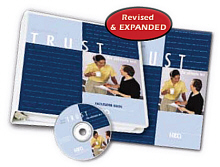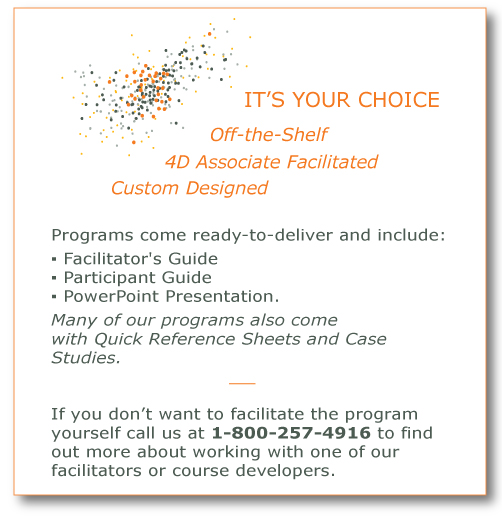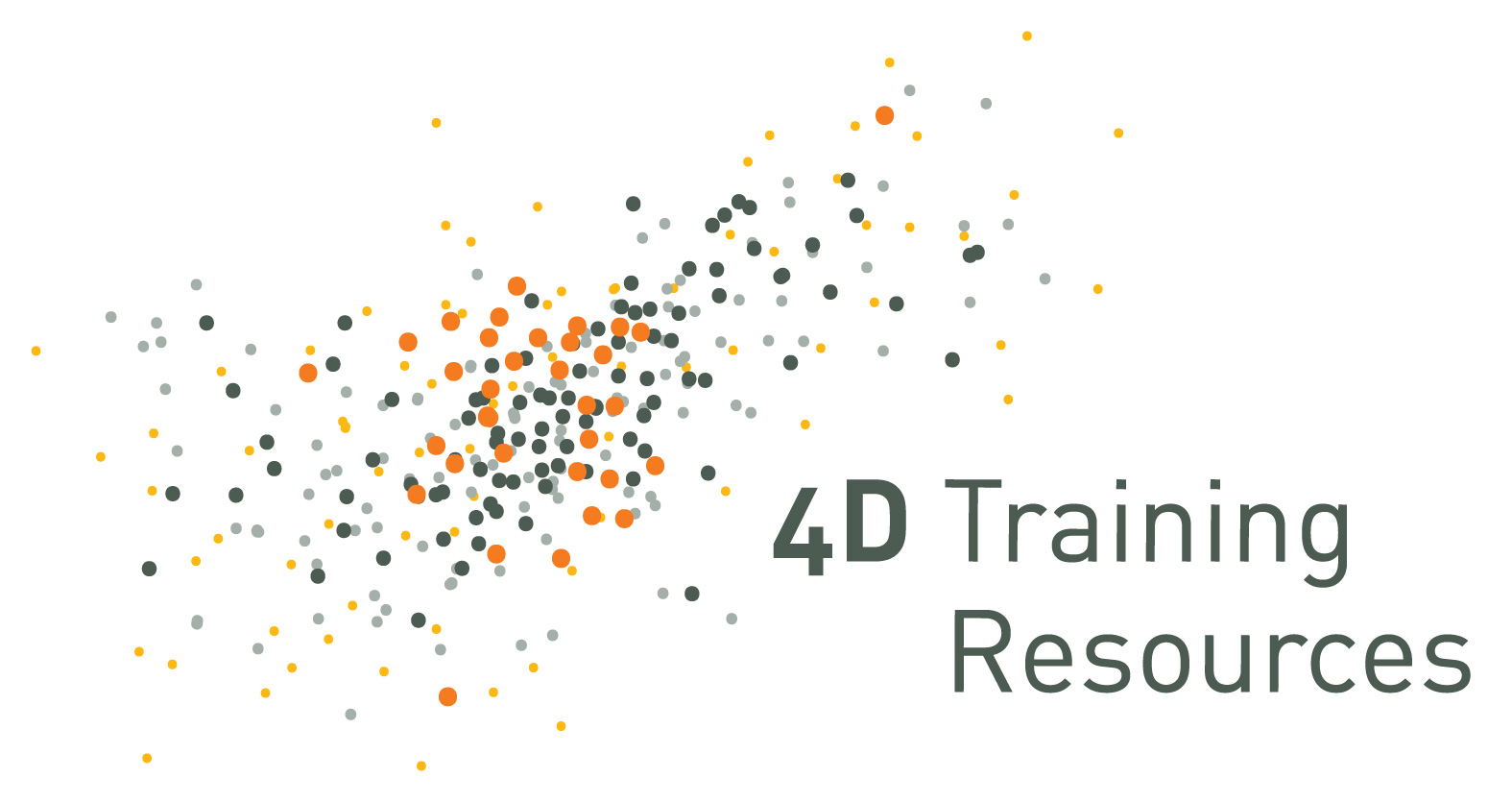Trust: The Ultimate Assessment

Trust. It's the essential foundation of every relationship. And, in an organization, trust is fundamental — particularly given trends such as job-sharing, telecommuting, and virtual teams. The concept seems so simple, but how do you train on trust?
Trust: The Ultimate Test Second Edition is a powerful tool for helping facilitators explore this sensitive issue — without arousing defensiveness. There simply is no other product like it available today. Through Trust’s 24-item assessment and its insight on the dimensions of trust-related behaviors, participants find a deeper understanding of trust, which they can apply to their individual, team, and organizational relationships.
Learning Outcomes
- Identify one’s individual tendency to trust
- Understand the factors that affect the decision to trust
- Discover 4 groups of behavior that indicate trust
- Learn how to improve one’s trust level
Theory
Based on the elements of trust described by Mayer and others and a review of the research on trust, the evidence of trust in people’s behavior can be distilled into 4 distinct areas. These 4 areas constitute the 4 dimensions measured by the Trust self-assessment:
- Evidence of Lack of Monitoring
- Evidence of Benevolence
- Evidence of Openness
- Evidence of Risk Taking
Uses for Trust – The Ultimate Test
Trust – The Ultimate Test is appropriate to use with individuals as well as teams. The assessment is particularly helpful for these situations:
- One or more low-trust relationships are hurting an entire team's productivity.
- You want to provide intensive, one-on-one coaching for leaders.
- Two peers need to address the issue of trust in their relationship.
- You want to assess readiness for alternative work arrangements, such as telecommuting.
The instrument is effective when used as a stand-alone instrument as well as a component of a larger training program.
Related Products


